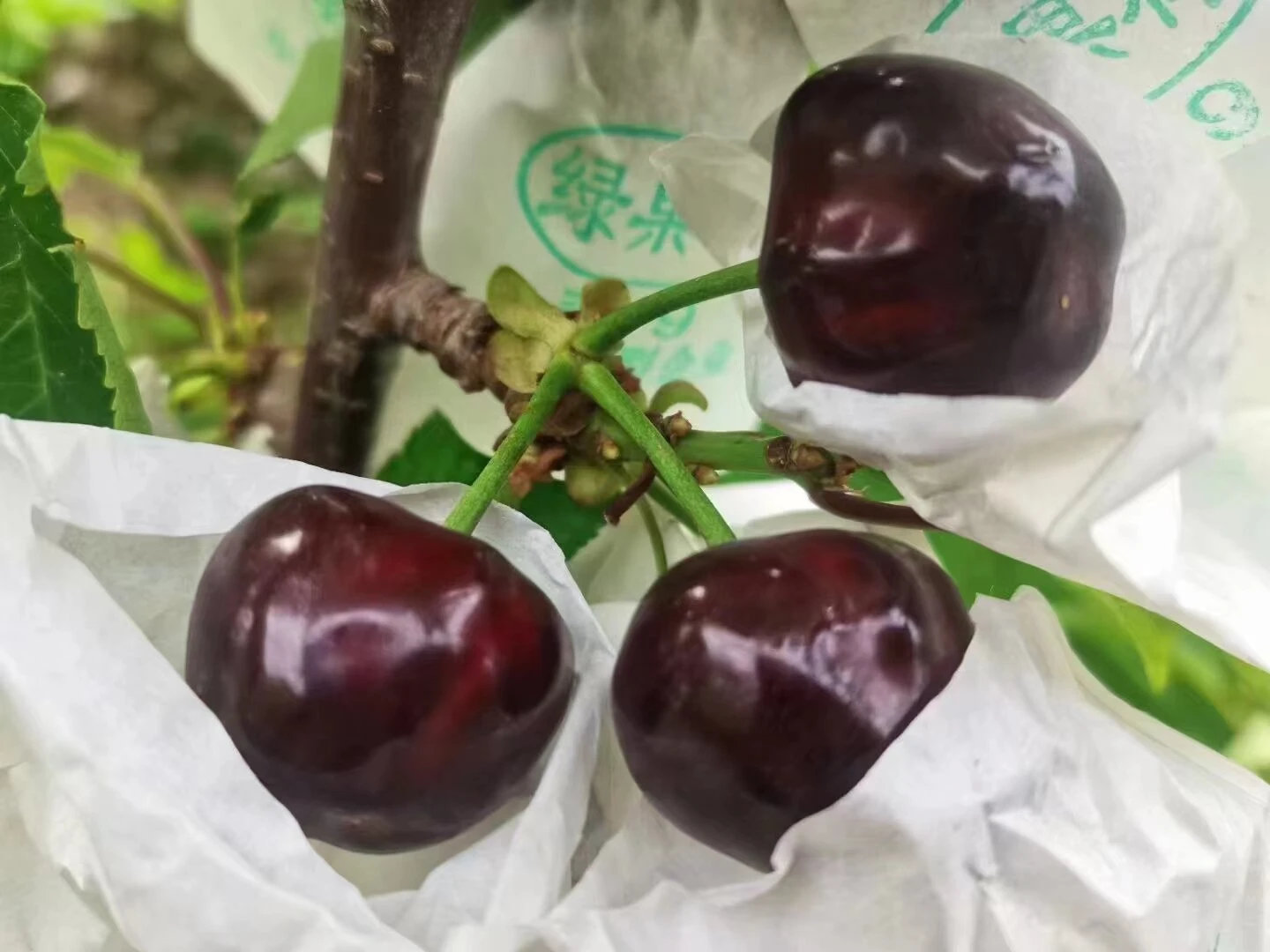Dec . 15, 2024 00:31 Back to list
Collection of Pollen from Apricot Flowers in China for Research Purposes
The Significance of China Apricot Pollen A Deep Dive into Its Collection and Uses
In recent years, the global interest in natural products has significantly surged, leading to an increased focus on diverse pollen types and their potential benefits. Among these, China apricot pollen, derived from apricot flowers (Prunus armeniaca), has emerged as a noteworthy subject of study. This article explores the collection of apricot pollen in China, its health benefits, and its cultural significance.
The Collection Process
Collecting apricot pollen is a delicate endeavor that typically occurs during the spring when apricot trees are in full bloom. Apricot trees are widely cultivated in various regions of China, including the northwest, where the climate is conducive to their growth. The collection of pollen involves careful techniques to ensure minimal disturbance to the flowers and the overall ecosystem.
Beekeepers and pollen harvesters often utilize specialized equipment designed to gather the fine, yellow grains of pollen without compromising the health of the trees. Pollen is typically collected early in the morning when the flowers are freshly opened and most receptive. Techniques may include using pollen traps in conjunction with beekeeping practices, where bees collect pollen from the flowers and deposit it into the traps, allowing harvesters to collect the pollen easily.
The quality of apricot pollen can vary depending on factors such as the geographical location, the time of harvest, and the specific environmental conditions present during blooming
. Therefore, experienced harvesters always aim for optimal conditions to maximize the yield and enhance the quality of the pollen collected.Nutritional and Health Benefits
China apricot pollen is rich in essential nutrients, including proteins, vitamins, and minerals. It has gained popularity in both traditional and modern alternative medicine for its potential health benefits. Comprehensive studies have indicated that apricot pollen contains various bioactive compounds, making it a powerful natural supplement.
china apricot pollen is pollen collected from apricot flowers

One of the most notable features of apricot pollen is its high protein content, with significant amounts of amino acids that support bodily functions. This makes it an appealing choice for individuals seeking to enhance their nutrition, particularly in vegetarian and vegan diets. Additionally, apricot pollen is known for its antioxidant properties, which can help combat oxidative stress and reduce the risk of chronic diseases.
Moreover, apricot pollen has been traditionally associated with improved immune functions, better digestion, and enhanced energy levels. Many users report feeling revitalized and more alert after incorporating apricot pollen into their diets. Its potential anti-inflammatory properties further lend itself to being a healthful addition for those dealing with inflammatory conditions.
Cultural Significance
In China, the apricot tree holds a special place in both agricultural practices and cultural beliefs. The flowering of apricot trees is celebrated as a beautiful sign of spring and renewal. Various Chinese poems and artworks depict the delicate beauty of apricot blossoms, symbolizing hope and the transient nature of beauty. As such, the collection of apricot pollen is not merely a commercial activity but also ties deeply into cultural practices and appreciation for nature.
The usage of apricot pollen is also seen in traditional Chinese medicine, where it is valued for its holistic benefits. Practitioners often incorporate the pollen into remedies intended to support overall well-being and energy balance. The traditional belief in the healing properties of natural products ensures that the cultural significance of apricot pollen continues to thrive in modern contexts.
Conclusion
The collection and utilization of China apricot pollen reveal a fascinating intersection of nature, health, and culture. With its rich nutrient profile and numerous health benefits, apricot pollen is becoming increasingly recognized in health circles, appealing to those looking to enhance their diet naturally. Furthermore, its cultural significance ensures that the appreciation for apricot trees and their golden pollen continues to flourish in Chinese society.
As research into the benefits of natural supplements progresses, apricot pollen may take its place among other well-known superfoods, providing a unique blend of traditional wisdom and modern health practices. Whether for nutritional purposes or simply to appreciate the beauty of nature's offerings, China apricot pollen serves as a remarkable testament to the richness of biodiversity and the enduring relationship between humans and the environment.
-
Plant Pollen Guide: Types, Uses & Artificial Pollination
NewsAug.07,2025
-
High-Viability Male Kiwipollen for Sale | Boost Yield
NewsAug.06,2025
-
Eco Fruit Paper Bags for Peak Freshness | Durability Focused
NewsJul.31,2025
-
Pollen Peach Tree for Pure Pollination and High-Quality Peach Pollen
NewsJul.30,2025
-
Premium Cherry Pollen for Pure Pollination & Different Types
NewsJul.30,2025
-
Artificial Pollination Solutions for Various Plant Pollen Types
NewsJul.29,2025